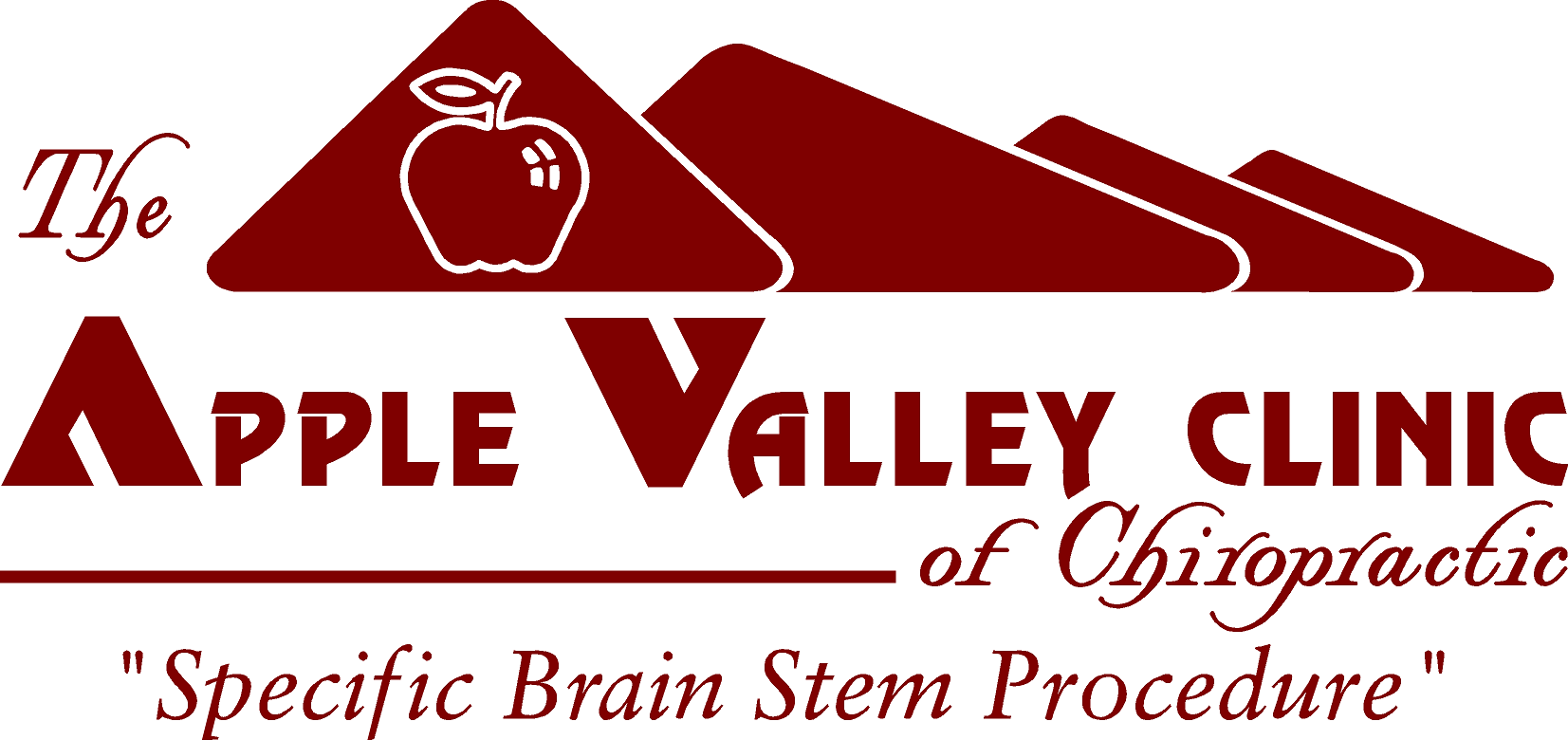The Beginning of Changing Your Brain

Though, a person may not know they suffer from PCS, studies show that anywhere from 20 to 30% of all concussion sufferers also suffer from PCS. Though, there are a wide number of people who may suffer from it but not know it. That’s largely because of the misunderstanding of what defines a concussion.
Before we ended that blog, we quote Dr. Ge, who conducted a study on post-concussion Syndrome using an MRI. He focused his study of the brain on the time when it is in its resting state. That is the state when the brain is not focused on an activity, which includes times when the mind wanders or during daydreaming.
Your Brain’s Resting State
While it might seem the brain is shut off during this period of almost no brain activity, Dr. Ge said of this state, “Baseline resting state is very important for information processing and maintenance.” Patients with Alzheimer’s, autism, and schizophrenia have all shown alterations in their brain activity during the resting state. Though, not much is known about the connection between the brain’s resting state and concussions.
In a second study, Dr. Ge and some colleagues compared 23 MTBI patients with symptoms of post-concussion syndrome within two months of their injury to 18 age-matched healthy controls using a resting-state functional MRI. There was a disruption of integration of communication and information in the brain after the mild traumatic brain injury that caused the brain to use alternative neural resources that compensated for the impaired function.
To find out more about migraines, click the image below to download our free ebook Natural and Drug-Free Ways to End Your Migraines:
Upper Neck Trauma Associated with Concussions
In order to restore the brain’s ability to communicate with the body the source of the problem needs to be addressed. That means not only addressing the effects of postconcussion syndrome but also addressing the cause. You cannot have a head injury without having a neck injury and frequently it is the neck injury that does not allow the brain to fully heal after a concussion. Dr. Henri Dallies has advanced postgraduate training in evaluating the upper neck the most common area in the neck to be misaligned by head and neck injuries that could lead to concussion. Restoring normal alignment to the upper neck is frequently the key to getting well.
To schedule an appointment, click the button below:


